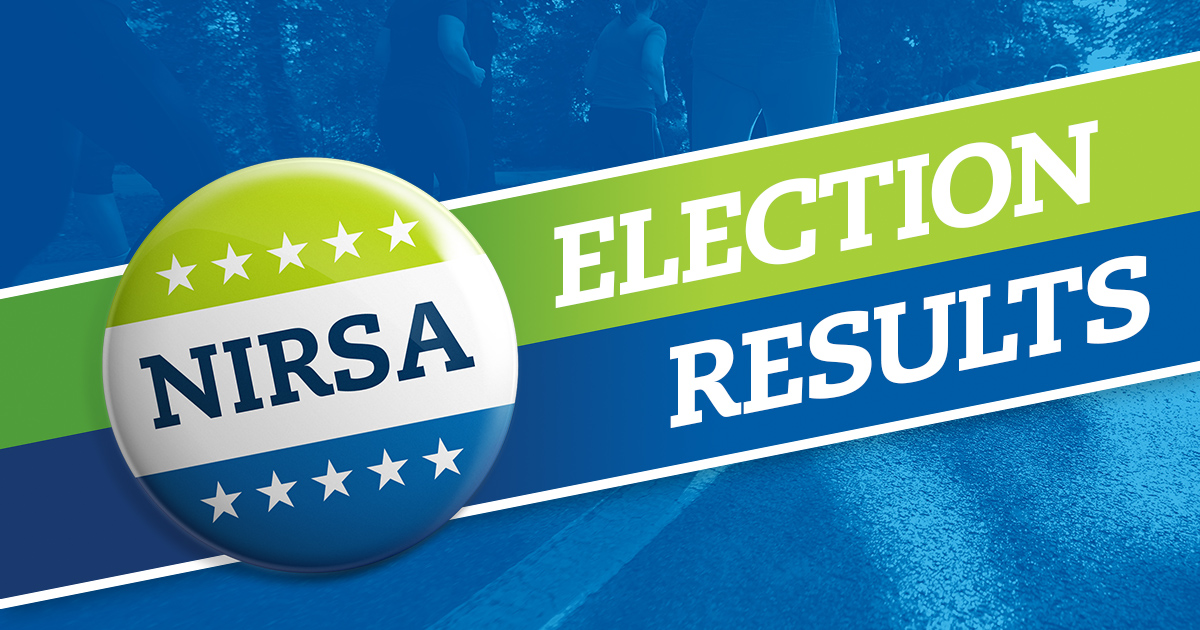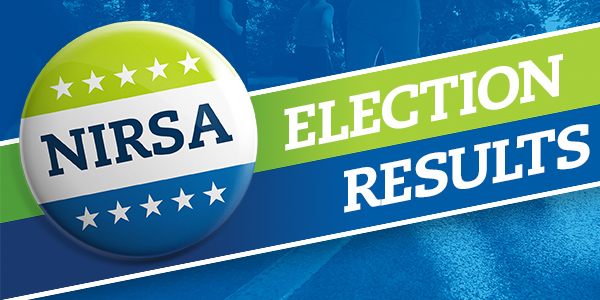By Scott Holmes, Coordinator of Facility Operations at The Ohio State University and Austin Anderson, Assistant Professor at the University of Southern Indiana
In 2013, NIRSA reshaped the Government Relations Committee into the Policy & Legislation Committee as a means of providing NIRSA members with up-to-date information and resources related to important legislative issues affecting their departments, campuses, and the Association as a whole. As an active member of the Consortium on Governmental Relations and Student Affairs, the Policy & Legislation Committee stays engaged with and informed about higher education and student affairs policy.
This NIRSA committee is currently tracking and considering how to best respond to a federal policy change that could deeply impact NIRSA members and NIRSA institutions. The proposed change to the Fair Labor Standards Act (FLSA) will raise the minimum salary threshold for executive, professional, and administrative employees to qualify as exempt from overtime. As campus employers with perhaps significant numbers of exempt salaried employees under the current threshold, NIRSA institutional members could be particularly impacted by the change and need to begin preparing.
Following an executive order on overtime protections by President Obama in March 2014, the Department of Labor published a proposal to increase the minimum salary threshold from $23,660 to $50,440. The current threshold, set in 2004, is below the national poverty line for a family of four. The Department of Labor anticipates that within the first year approximately 4.6 million workers will become entitled to overtime exemption under the new threshold.
The proposed rule change is currently undergoing revision after the open feedback period closed in September 2015. NIRSA was a signatory of the College and University Professional Association for Human Resources (CUPA-HR)’ comment paper submitted during that period. The paper advocated for alternatives to the increased threshold, including a reduction in the proposed threshold and a rollout over time. CUPA-HR has also shared talking points, which members can view in NIRSA Connect. The Department of Labor received significant feedback during the open comment period and is expected to release a revised rule in July 2016.
Special considerations for NIRSA members include:
- Many collegiate recreation staff positions are salaried under the current threshold.According to the 2015 NIRSA Salary Survey, the average salary for many collegiate recreation professionals is under the new proposed threshold. So when the rule comes into effect, the majority of NIRSA institutional members will be forced to re-evaluate and readjust their salary and benefit schemes.
- The ambiguity of the timeline and effective date could be particularly challenging for member institutions with a set schedule and an inflexible budget.To the best of our knowledge, the earliest possible implementation timeline will be sometime in the summer or early fall of 2016. As such, NIRSA institutional members may be forced to re-evaluate or re-adjust their budgets in the middle of their budget cycles.
- The proposed rule is indiscriminate of location, so different institutions will be affected differently.While the cost of living is a contributing factor to salaries across NIRSA regions, the federal salary threshold does not account for variations in cost of living. While some NIRSA institutions may be unaffected, others will be forced to re-assess high numbers of staff positions.
The potential changes to the FLSA could affect campus recreation professionals, departments, and institutions on many levels. The Policy & Legislation Committee encourages you to review CUPA-HR’s talking points and raise these special considerations with the leadership at your institution. It also urges you to begin working with your Human Resources Department to better understand how the specific changes will affect your campus. The Policy & Legislation Committee will continue to work with CUPA-HR to better understand the broader implications of the proposed policy change and will share updates as they become available. Make sure to join the NIRSA Connect discussion in response to this legislation.
For more information about how changes to the Fair Labor Standards Act could affect your campus, please contact a member of the NIRSA Policy & Legislation Committee.






